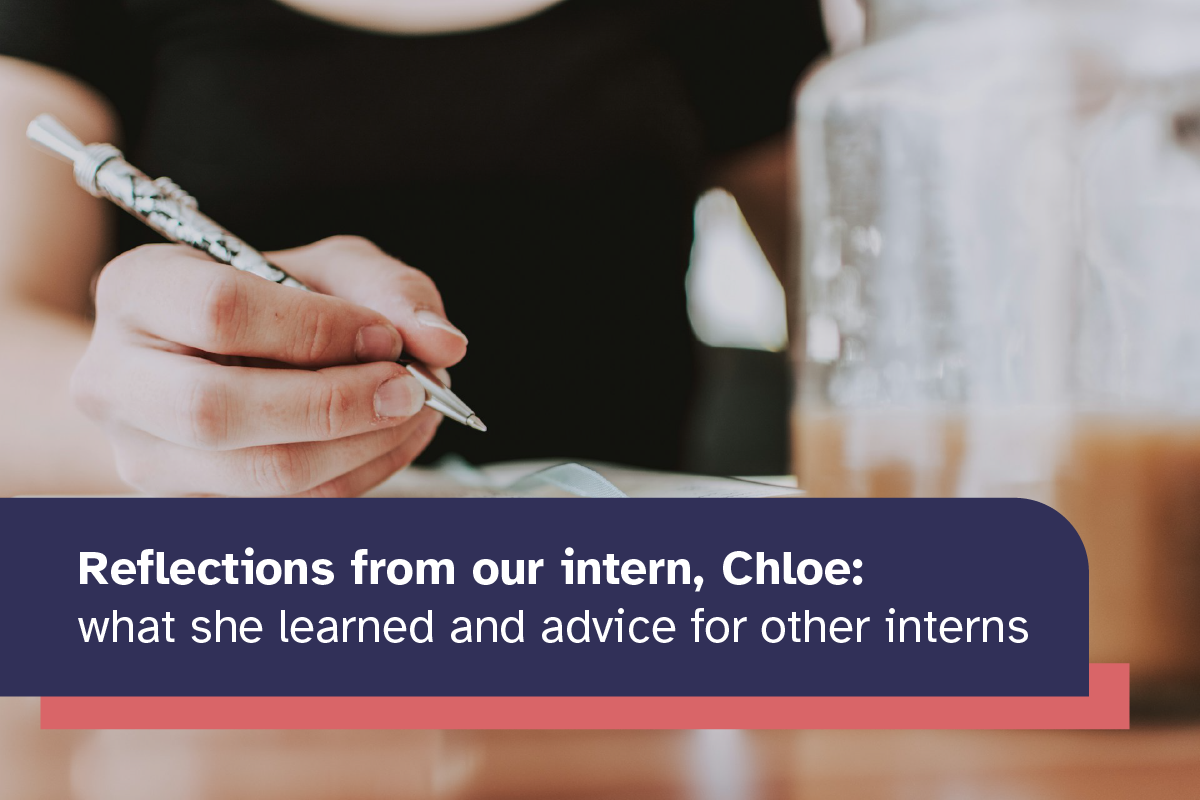The practices in engagement and behaviour change are getting together, and it’s not hard to understand why.
To fully engage we need to generate action; by a person, group of people or organisation. We need people to be motivated to be engaged, and to be influenced that it’s worthwhile.
To change behaviours we need to engage; to understand people, their motivations, their perceptions, so we can design behavioural interventions that work.
A few months ago, at two overlapping conferences – the International Association for Public Participation (IAP2)Australasian conference and Griffith University’s Change conference on social marketing – the connection between the two practices was more evident than ever.
I attended both. On day one at the IAP2 conference, I thought I’d gone mad when the Keynote Speaker took the stage – Associate Professor Liam Smith from BehaviourWorks (Monash University). A Keynote I’d expect at the Change conference.

Then over at Change conference, collective impact models, co-design, place-based engagement and storytelling were the hot topics of discussion.
Yet across both conferences, the connections between the practices of engagement and behavioural change weren’t overtly explained. Even a pointed question from the audience about the relevance of behaviour change practice to engagement planning received a fairly “matter of fact” response. Isn’t it obvious?
Expectations for engaging with people are changing. Whether it’s for participatory design or part of a more traditional consultation process, engagement is becoming more and more about encouraging people to act.
The expectations on engagement practitioners is to reach and involve a more diverse mix of people – young, old, people from culturally diverse backgrounds, people with disability. And where there’s no budget for market research recruitment, this relies on motivating people to get involved – using behavioural insights to understand their barriers to engaging and what will most influence them.
Similarly, those methods which are traditionally seen as part of the engagement practice are becoming more critical in the design and implementation of behaviour change programs and campaigns.
These engagement techniques – such as establishing stakeholder reference groups, co-designing and workshopping, storytelling, in-depth interviews, and community forums – are all about understanding and designing tactics that work for the person. And you can’t understand the person, without engaging with them.
Traditional engagement planning, such as stakeholder and influencer mapping and undertaking sentiment analysis, are also needed in behaviour change strategies.
The convergence of engagement and behaviour change practice presents real opportunity for improvement in sustainingbehaviour change, particularly in a community-based context.
When the Social Deck managed the ‘Don’t Waste Our Forests’ illegal dumping project in Orange, NSW, at the core of our approach was combining design thinking and community-based social marketing (based on the Doug McKenzie-Mohr CBSM practice (Mckenzie-Mohr, 2011)).
Having these work together allowed for people and organisations with some fairly different points of view and motivations to design a strategy for behaviour change together. Read more about Don’t Waste Our Forests and results here.
Into the future, I’d expect more overlap between engagement and behaviour change practice as user-centred and human-centred becomes the norm in any design process.
But it’s great to see we’re already getting together on this.
The Social Deck specialises in engagement and behaviour change. See our work page and case studies for examples of our work.





.jpg)




